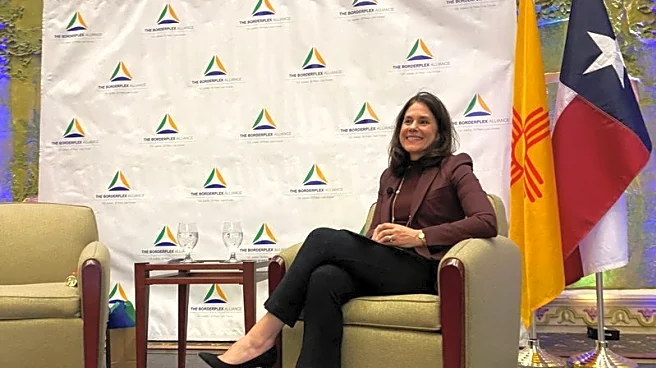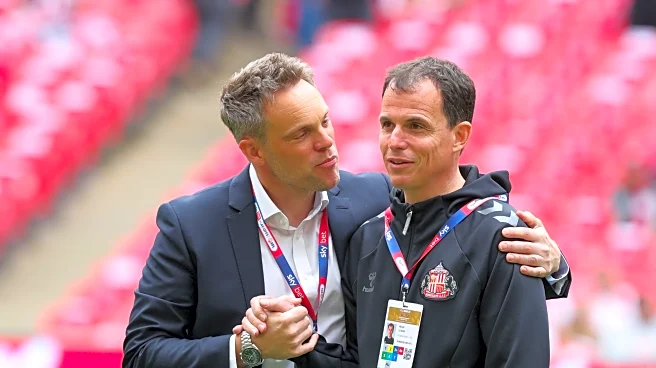By Ann Saphir
(Reuters) -Dallas Federal Reserve President Lorie Logan on Friday called for leaving the policy rate on hold "for a time" while the central bank assesses how much of a brake the current level
of borrowing costs is putting on the economy, with soaring stock prices one reason to think it may not be much.
In remarks in Zurich, she repeated her view that the October interest-rate cut from the rate-setting Federal Open Market Committee was not warranted, given too-high inflation and a "roughly balanced" labor market. She said wasn't even sure in September that the Fed ought to have reduced rates then.
"With two rate cuts now in place, I’d find it difficult to cut rates again in December unless there is clear evidence that inflation will fall faster than expected or that the labor market will cool more rapidly," Logan said on Friday. "In the absence of clear evidence that justifies further easing, holding rates steady for a time would allow the FOMC to better assess the degree of restriction from current policy."
Elevated asset valuations and historically compressed credit spreads, she said, are not just indications "that policy most likely isn’t very restrictive. They’re also indications that the fed funds rate needs to offset tailwinds from financial conditions," Logan said.
The Fed's next meeting is December 9-10, and central bankers have expressed strongly differing views about what best to do. Some Fed policymakers are calling for a third-straight interest-rate cut to head off weakness in the labor market and others, like Logan, prefer to be more cautious.
Interest-rate futures contracts on Friday reflected expectations for a December rate cut, reversing bets against a December rate cut in place for most of this week.
Logan said Friday she remains concerned that inflation is not headed back toward the Fed's 2% target but is instead forecast to be about 2.7% over the coming year.
Meanwhile, she said, though some workers are having difficulty finding work, and risks to the labor market are mainly to the downside, slow job gains do not necessarily mean there is more slack in the labor market, and the recent resolution of the government shutdown takes some near-term risks off the table
(Reporting by Ann Saphir; Editing by Andrea Ricci and Chizu Nomiyama )










